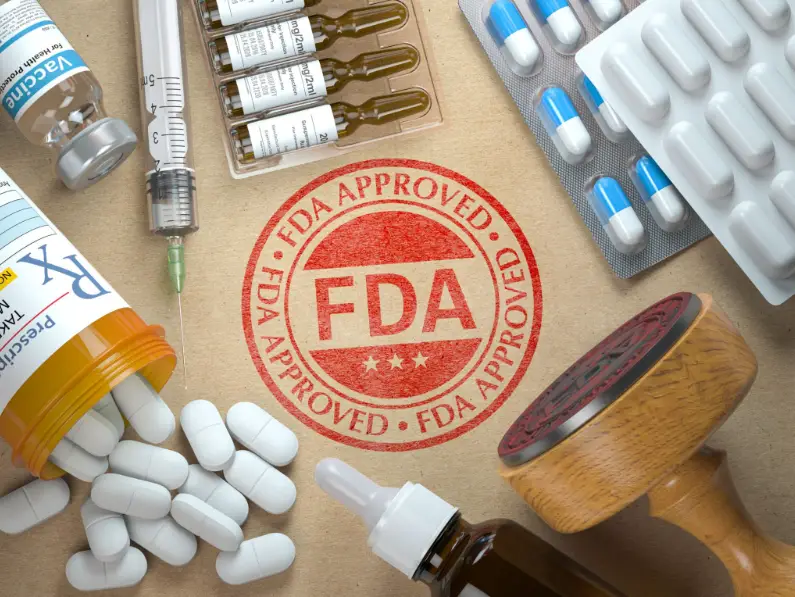Peptides, short chains of amino acids, have become a significant focus in scientific research due to their potential in understanding biological processes, exploring potential drug targets, and advancing our knowledge of diseases. However, the use of peptides is not without regulatory oversight. The U.S. Food and Drug Administration (FDA) has implemented restrictions on certain peptides, impacting both the medical and research communities.
FDA Restrictions on Peptides
The FDA has not declared it illegal for pharmacies to obtain peptide substances. However, it has made it more challenging for doctors to prescribe peptides from compounding pharmacies. The FDA updated its list of bulk drug substances under Section 503A, placing several peptides in Category 2 due to identified significant safety risks. This categorization doesn’t make these peptides illegal but indicates that pharmacies may be hesitant to stock them due to potential FDA regulatory action.
The FDA’s restrictions primarily target compounding pharmacies, which can put prescribed drugs into custom topical treatments, injectables, flavored liquids, and more at specified doses. However, compounded peptides run the risk of variability between treatments. Hence, the FDA is cracking down on compounding pharmacies mixing peptides that the agency deems under-researched or dangerous.
Peptides in Research
Despite these restrictions, peptides continue to play a vital role in scientific investigations. These small molecules are utilized in various fields of research to unravel intricate biological processes, explore potential drug targets, and advance our understanding of diseases.
Peptides’ large size and surface area allow for more specific docking to the target molecules. Researchers’ interest in developing peptide ligands and probes for studying target receptors’ structures and functions has increased dramatically lately. More recently, peptides have been considered as desirable candidates for therapeutics.
Not only can peptides be made very selective, decreasing the risk of side effects, but they rapidly metabolize by proteases and allow short time activity in the body. Peptides’ activity can be lengthened by incorporating modifications, such as non-natural and D-amino acids, cyclization, and modifications at the N or C-terminus.
Conclusion
While the FDA’s restrictions on certain peptides have raised concerns in the medical and research communities, the use of peptides in research continues to thrive. Their potential in understanding complex biological processes and developing new therapeutic strategies is immense. However, it’s crucial to navigate the regulatory landscape carefully to ensure the safe and ethical use of these powerful tools in scientific research.
Disclaimer: This blog post is for informational purposes only and is not intended to provide medical or legal advice. Always consult with a healthcare or legal professional before making any decisions related to peptides. The information provided here is based on current studies and research available as of the time of writing.



